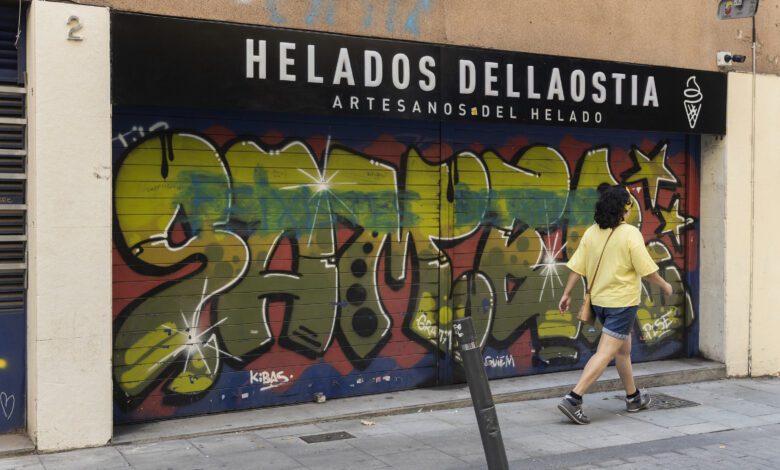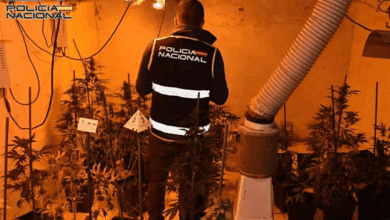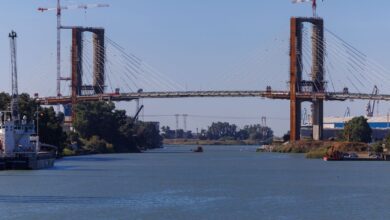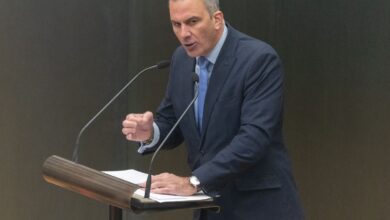
In recent years, Catalonia has been facing a new wave of tension related to language and cultural issues. After the Junts and ERC parties became key allies of Pedro Sánchez’s government, the traditional conflict between Barcelona and Madrid has shifted to internal disagreements within Catalonia itself.
Previously, Catalan nationalism built its rhetoric on confrontation with the central authorities, arguing that the region was being oppressed. However, after the failed attempt at a unilateral separation in 2017 and the nationalist forces’ move toward cooperation with Madrid, the focus shifted to internal matters. Now, most of the attention is on issues of language and identity, resulting in growing tensions between Catalan and Spanish speakers.
Incidents of pressure on entrepreneurs who do not speak Catalan have become more frequent in central Barcelona. One of the latest cases involved a business owner of Argentine nationality, who was targeted after being accused of disrespecting the Catalan language. Offensive graffiti appeared on the facade of his establishment, and a boycott campaign spread across social media.
Such incidents often begin with online posts in which individual activists or local officials claim that language-based discrimination has allegedly taken place. This is then followed by public organizations, political parties, and certain journalists joining in, calling for boycotts and putting pressure on business owners. As a result, entrepreneurs—especially recently arrived migrants—find themselves in a vulnerable position.
Experts note that such tactics resemble methods of public pressure used in the past against various minorities. In Catalonia, these actions are becoming increasingly common amid the growing number of migrants and the rise of the Spanish-speaking population in Barcelona and its suburbs.
At the same time, the Aliança Catalana party is gaining popularity in the region, openly advocating for tougher language policies and restricting the use of Spanish in public life. This reflects a desire among certain nationalist circles to create a society where Catalan dominates, despite the region’s multilingual and multicultural reality.
A shift in priorities is visible within Catalan nationalism: whereas previously the focus was on independence and the creation of a separate republic, the current struggle centers on linguistic and cultural influence within Catalonia itself. Meanwhile, pressure on Spanish-speaking residents and entrepreneurs is increasing, and government agencies often refrain from intervening.
The situation is raising concerns among human rights advocates and experts, who warn about the risks of further polarizing society. As political interests begin to outweigh principles of equality and respect for diversity, Catalonia faces new challenges that could impact its future.












